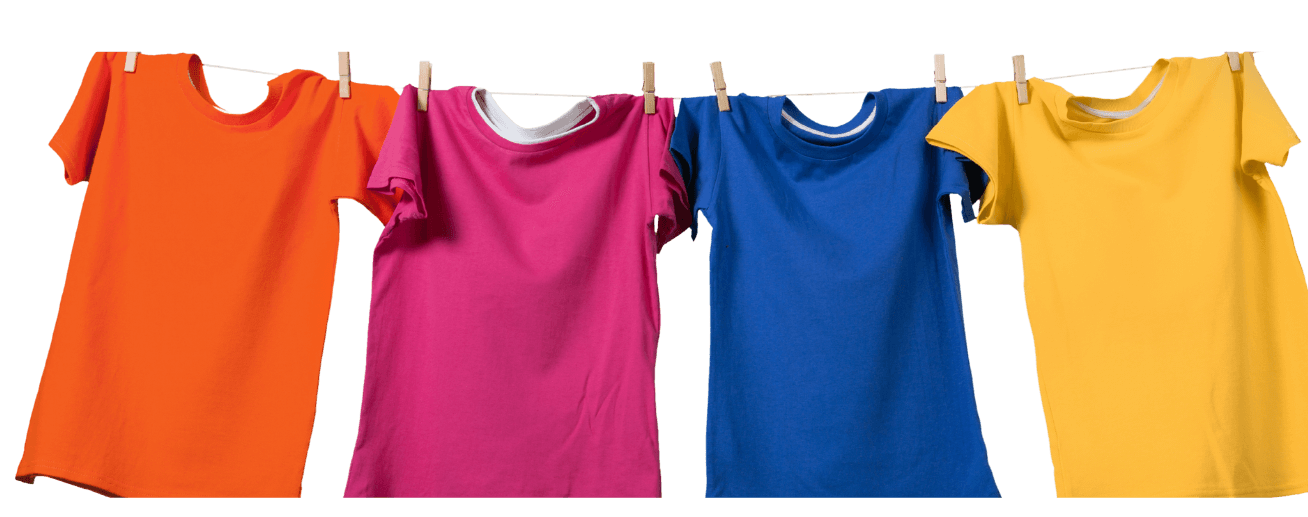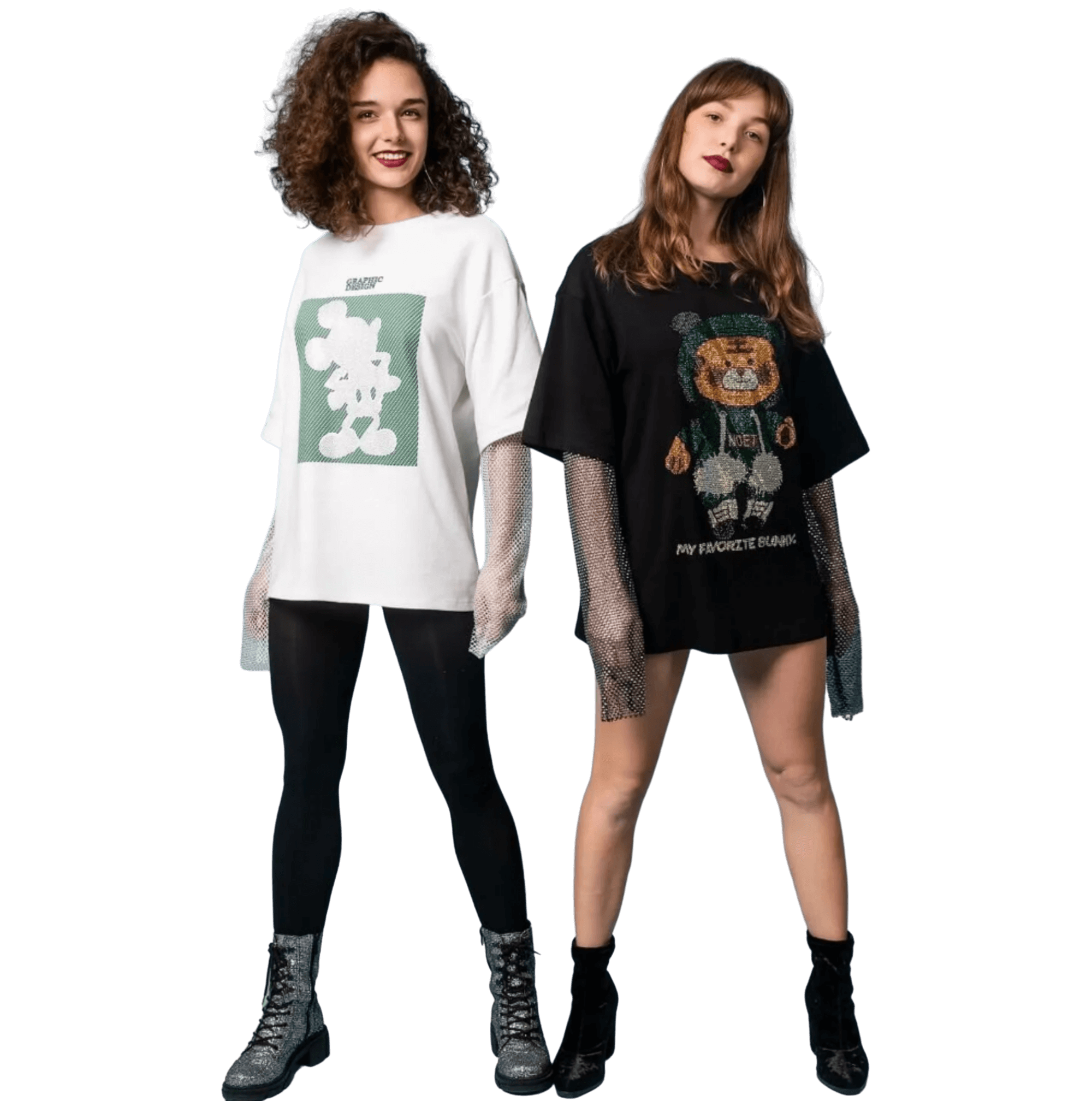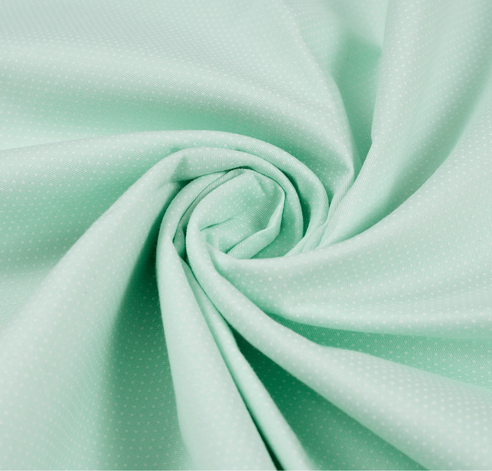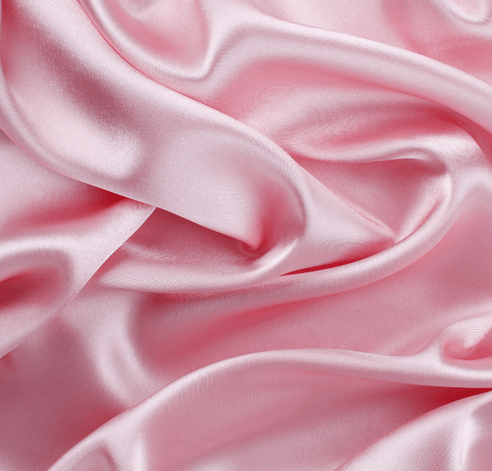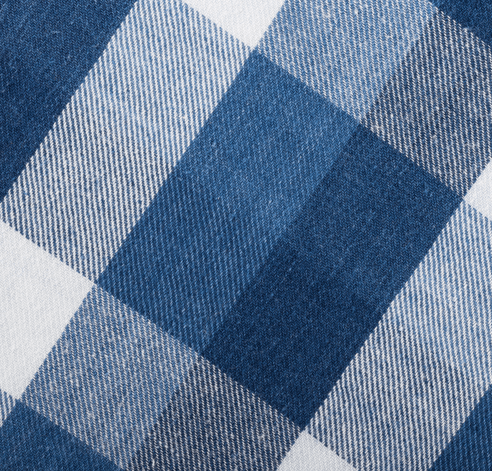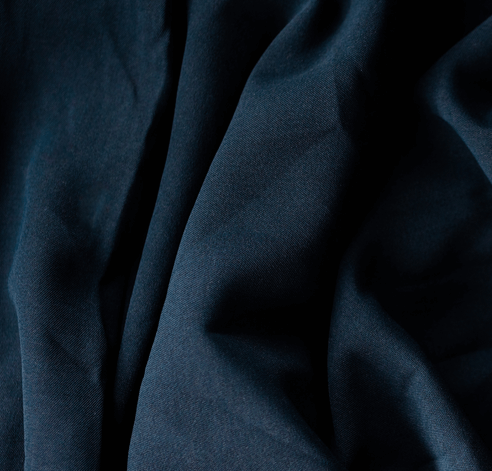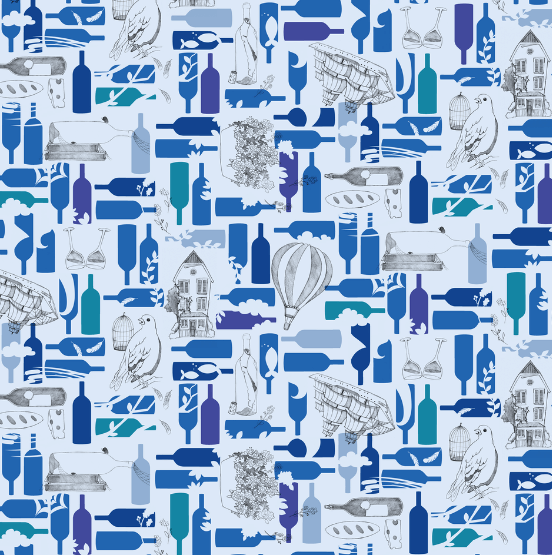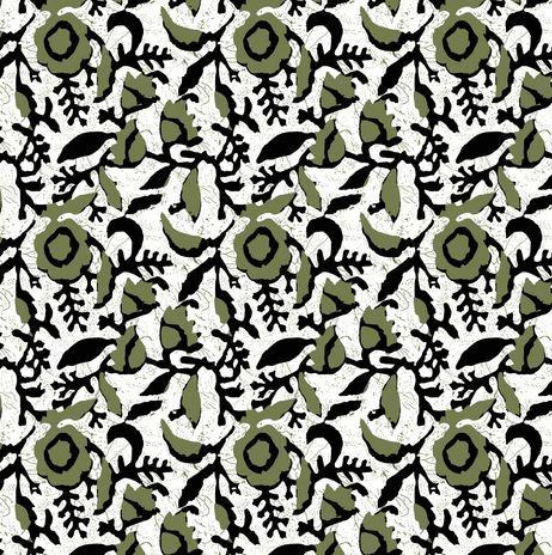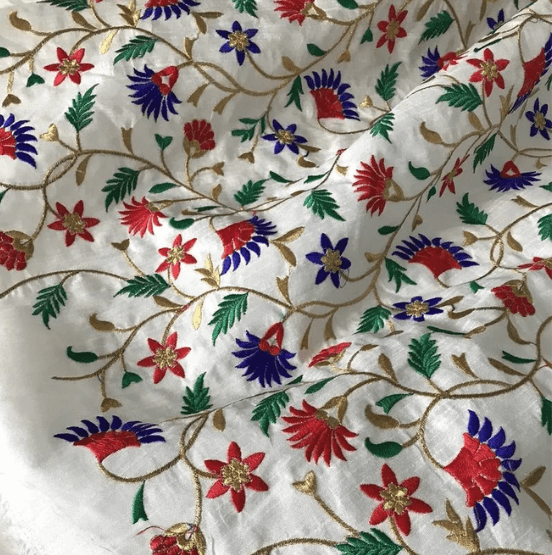1. A Brief History of Cotton Fabric
Cotton fabric has been around for centuries, and its history is fascinating. Cotton is a natural fiber that comes from the seeds of the cotton plant, and it can be spun into a variety of different fabrics.
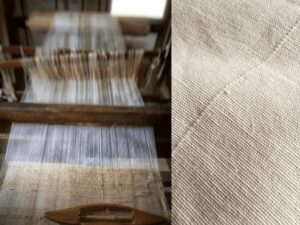
Early cotton fabrics were often quite coarse, but over time, they became much finer and softer. In the 18th century, advancements in technology made it possible to mass-produce cotton fabrics, and they quickly became one of the most popular materials for clothing.
Today, cotton is still one of the most widely used fabrics in the world, and it is prized for its comfort, durability, and versatility.
2. Advantages of Investing in Cotton
Cotton is one of the most versatile natural fibers in the world, and it has a wide range of applications in the textile industry. It is also a popular choice for investment purposes, due to its many benefits. Here are five advantages of investing in cotton:
Durability
Cotton is a durable fiber that can withstand a lot of wear and tear. This makes it ideal for use in clothing and other textile products that need to be durable.
Absorbency
Cotton is a highly absorbent material, which makes it great for use in towels, bedding, and other products that need to be absorbent.
Light and Airy
Cotton has a low density, which means it is light and airy. This makes it comfortable to wear in hot weather, as it doesn’t trap heat close to the body.
Hypoallergenic
Cotton is a hypoallergenic material, making it gentle on the skin and ideal for people with allergies or sensitivities.
Environmentally Friendly
Cotton is an environmentally friendly material that is biodegradable and recyclable. This makes it a sustainable choice for both consumers and investors alike.
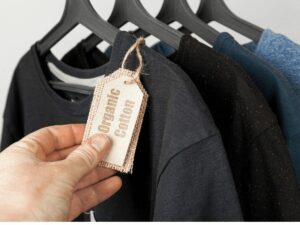
3. Main Types of Cotton Fabric
There are two main types of cotton fabrics: woven and knit. Let’s go over these two types in more detail.
Woven Cotton
Woven cotton fabric is made by interlacing threads that run parallel to each other, resulting in a strong, sturdy fabric. Woven cotton is a material that is popular for a variety of applications. It can be used for clothing, towels, blankets, and upholstery.
It is also commonly used in the production of industrial textiles. In addition to its utility, woven cotton also has a natural appeal. The fabric has a soft hand and a smooth texture that makes it comfortable to wear and pleasant to touch.
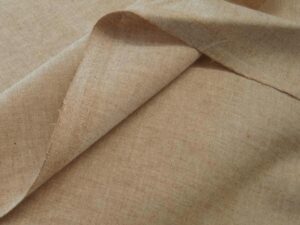
Knit Cotton
Knit cotton fabric, on the other hand, is made by interlocking looped stitches. This type of fabric is stretchy and more comfortable to wear than woven cotton.
This type of fabric is often used in garments such as t-shirts, sweatpants, and underwear. It is also commonly used in lightweight blankets and towels. Knit cotton fabric is easy to care for and can be machine washed and tumble dried on low heat settings.
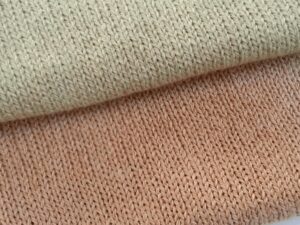
4. Polyester vs. Cotton T-Shirt: Which One Is Better?
When it comes to ethically-made wholesale t-shirts, 2 major types of fabrics are commonly used: polyester and cotton. Here’s a quick overview of the major differences between polyester and cotton t-shirts:
- Polyester is a synthetic fabric that is made from petroleum-based products. It is cheaper to produce than cotton, which makes it a popular choice for mass-produced t-shirts.
- Polyester is also more wrinkle-free than cotton and doesn’t shrink as much when it’s washed. However, polyester can be uncomfortable to wear in hot weather because it doesn’t breathe as well as cotton.
- Cotton is more expensive to produce than polyester, but it is also more comfortable to wear and breathes better in hot weather. However, cotton shirts can be more difficult to care for because they need to be washed in cooler temperatures and ironed frequently to prevent wrinkles.
So, which type of t-shirt is better? That depends on your needs. If you’re looking for a cheap, mass-produced t-shirt that doesn’t need too much care, then polyester is a good choice. However, if you’re looking for a comfortable, durable t-shirt that will last for years, then cotton is the better option.
5. How to Start a Cotton T-Shirt Clothing Line From Scratch
Starting a clothing line can be a rewarding experience for anyone with a passion for fashion and a unique sense of style. However, launching a successful clothing line is also a challenging undertaking that requires careful planning and execution. For those interested in starting a cotton t-shirt clothing line, here are five essential steps to take:
Step#1 Define Your Brand Identity
Before you start designing any shirts, you need to define your brand identity. What kind of aesthetic are you going for? What kind of customers are you targeting? Answering these questions will help you develop a strong visual identity for your brand.
Step#2 Find the Right Manufacturer
Once you have an idea of the kind of shirts you want to produce, it’s time to find a manufacturer that can help you bring your vision to life. Make sure to research different cotton shirt manufacturers thoroughly before making any decisions; you want to find a company that is reputable and has experience producing high-quality garments.
Step#3 Create Detailed Designs
Once you’ve found a manufacturer, it’s time to start creating detailed designs for your shirts. Again, make sure that your designs reflect your brand identity and target market. Once you’re happy with your designs, send them off to your manufacturer for production.
Step#4 Market Your Shirts Effectively
Once your shirts have been manufactured, it’s time to start marketing them effectively. This includes creating eye-catching product photos and descriptions, as well as developing an effective social media strategy.
Step#5 Launch Your Online Store
The final step is to launch your online store and start selling your shirts! Make sure to promote your store heavily both online and offline in order to drive traffic and generate sales.
6. Cotton T-Shirt: How to Price Your Products
When it comes to pricing your products, there are a few things you need to take into account. The first is the cost of the materials. How much does it cost you to make each shirt? You’ll also need to factor in the cost of labor, shipping, and any other overhead costs.
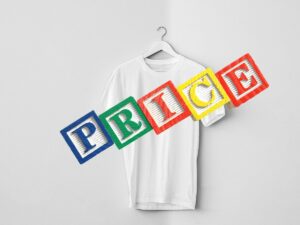
Once you’ve calculated your costs, you’ll need to set a price that will allow you to make a profit. But you don’t want to price yourself out of the market, so it’s important to find a balance. Take a look at what your competitors are charging for similar products, and try to come in at a similar price point.
You should also consider any discounts or promotions you might offer. For example, if you’re selling shirts in bulk, you could offer a discount for large orders.
To give you an idea, here’s an example of how you might price your shirts:
| Cotton T-Shirt: How to Price Your Products |
| Material cost |
$5 per shirt |
| Labor cost |
$2 per shirt |
| Shipping |
$0.50 per shirt |
| Overhead |
$1 per shirt |
| Total cost |
$10.50 per shirt |
| Retail price |
$15 to $20 per shirt |
7. 5 Steps to Work With a Clothing Manufacturer Partner
Working with a private label clothing manufacturers partner can be a great way to get high-quality garments made at a fraction of the cost of going it alone. However, it’s important to do your homework and choose a partner that is a good fit for your needs. Here are five steps to help you get started:
Step#1 Define Your Goals
Before you start looking for a clothing manufacturer, it’s important to have a clear idea of what you want to achieve. What type of garments do you want to produce? How many do you need? What is your budget?
Once you have answers to these questions, you’ll be able to narrow down your search and find clothing manufacturers for startups that are a good match for your needs.
Step#2 Research Potential Partners
Once you know what you’re looking for, it’s time to start researching potential apparel manufacturer. Read online reviews, ask for recommendations from other businesses, and compare pricing and services.
A simple Google search can provide you with a list of plain cotton t shirt suppliers in the market. Try searching with the keywords “organic t shirt manufacturers” or “eco friendly t shirt manufacturer” to get started.
Step#3 Request Quotes and Samples
Once you’ve narrowed down your options, contact the manufacturers and request quotes and samples. This will give you a chance to see the quality of their work and get an idea of their prices.
Step#4 Negotiate Terms
Once you’ve found a clothing manufacturer that you’re happy with, it’s time to negotiate terms. Be sure to discuss pricing, minimum order quantities, lead times, and payment terms so that there are no surprises down the road.
Step#5 Keep Communication Open
After you’ve placed your first order, keep communication open with your clothing manufacturer partner. This will help ensure that your orders are delivered on time and as expected.
8. 6 Things to Consider When Choosing a Clothing Manufacturer
Choosing the right custom clothing manufacturer is a critical step in ensuring the success of your fashion brand. There are a few key things you should consider when making your decision:
#1 Your Needs
The first step is to take a close look at what you need from a clothing manufacturer. Are you looking for someone to produce a one-off custom piece, or do you need ongoing production of a line of clothing?
Do you require a wide range of services, from design to fulfillment, or are you able to handle some aspects of the production yourself? Knowing what you need will help you to narrow down your options and find the right partner.
#2 Budget
Of course, the cost is always a major consideration when choosing any business partner. Clothing manufacturing is no different.
Get quotes from several different manufacturers before making your final decision. Be sure to ask about their minimum order requirements and any discounts they may offer for larger orders.
#3 Services
As mentioned above, some clothing manufacturers offer a full range of services, from design to fulfillment. Others are focused solely on production. There are pros and cons to both approaches.
If you have the staff and resources to handle other aspects of production, working with a manufacturing-focused company can save you money. However, if you don’t have the in-house expertise to manage production, it may be worth paying more for a company that can handle everything for you.
#4 Experience
When entrusting your clothing line to another company, it’s important to make sure they have the experience and expertise to get the job done right.
Ask about their experience in manufacturing clothing, especially any experience they may have with your specific type of garment. It’s also important to inquire about their quality control procedures and whether they have any industry certifications.
#5 Location
Another important factor to consider is where the clothing manufacturer is located. If you’re looking for quick turnaround times, working with a company that’s located near your own business can be beneficial.
On the other hand, if you’re not as concerned about speed and are more interested in finding the most cost-effective solution, working with an overseas manufacturer may make more sense.
#6 Portfolio
Finally, take some time to review the manufacturer’s portfolio or website before making your final decision. This will give you a good sense of their style and approach to garment production. Pay attention to the types of clothing they typically produce and whether their aesthetic aligns with your own brand identity.
Choosing a clothing manufacturer is an important decision for any fashion business. By taking the time to evaluate your needs and compare different options, you can be confident that you’re selecting the best possible partner for your brand.
9. Common Mistakes to Avoid When Starting Your Own Clothing Line
When it comes to starting your own clothing line, there are a few common mistakes that you’ll want to avoid. Here are four of the most common mistakes made by new clothing line owners, and how you can avoid them:
Not Defining Your Target Market
Before you start designing your line, it’s important to take some time to define your target market. Who are you making clothes for? What age range are they in?
What kinds of styles do they like? Once you have a good understanding of who your target market is, you’ll be able to better design a line that appeals to them.
Not Doing Your Research
Another common mistake made by new clothing line owners is not doing their research. Before you start designing and manufacturing your clothes, it’s important to spend some time researching the industry.
What are the latest trends? What do successful clothing lines have in common? By taking the time to do your research, you’ll be able to make sure that your line is on trend and has a good chance of being successful.
Not Investing Enough Money
Starting a clothing line can be expensive, and one of the most common mistakes made by new clothing line owners is not investing enough money. While it’s possible to start a clothing line on a shoestring budget, it’s not likely to be successful if you don’t invest enough money into it.
Make sure that you have enough funding to cover the costs of design, production, marketing, and everything else that goes into launching a successful clothing line.
Not Having a Plan
Finally, one of the most common mistakes made by new clothing line owners is not having a plan. Launching a successful clothing line takes a lot of hard work and dedication, and it’s important to have a clear plan for how you’re going to make it happen.
Without a plan, it’s easy to get lost in the process and end up with a failing business. So make sure that you take the time to sit down and map out a clear plan for your clothing line before you get started.
Dive Deeper Into Our Resources
Looking for more diverse service options? Browse through our handpicked selections:
Still haven’t found what you’re looking for? Don’t hesitate to
contact us. We’re available around the clock to assist you.
Conclusion
Cotton t-shirt manufacturers are a critical part of the fashion industry. They play an important role in producing high-quality clothing for both mass and luxury markets.
If you’re looking for a reliable supplier that can help your business grow, contact us at Hongyu Apparel today. We have years of experience working with some of the biggest names in fashion, and we’re excited to put our expertise to work for you.
